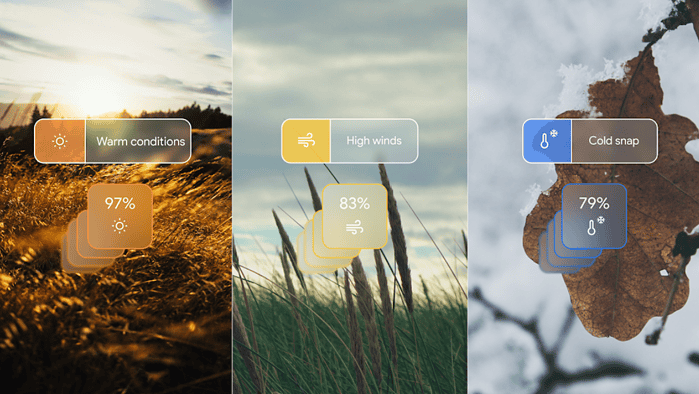GenCast, Google's weather-forecasting model, can predict extreme weather events over two weeks in advance
Last year, the company launched GraphCast AI
2 min. read
Published on
Read our disclosure page to find out how can you help MSPoweruser sustain the editorial team Read more
Key notes
- Google DeepMind’s GenCast predicts weather and extreme events up to 15 days in advance with high accuracy.
- It uses a diffusion model trained on four decades of ECMWF data, outperforming traditional systems like ENS.
- Open-sourced for collaboration, GenCast builds on the success of its predecessor, GraphCast, which forecasted up to 10 days.

Google DeepMind, the search engine giant’s AI research lab, has just launched GenCast. It’s a weather forecasting AI model that’s boasted of being more capable than traditional ways of predicting it.
Google says that GenCast offers faster, more accurate predictions of day-to-day weather and extreme events up to 15 days in advance. The company mentions in its paper that it can also predict things like tropical cyclones and wind power production.
It uses a diffusion model and was trained on four decades of the European Centre for Medium-Range Weather Forecasts (ECMWF) data. Google also mentions that the open-sourced model can be even more effective than its state-of-the-art Ensemble Prediction System (ENS) system.
“Recent advances in machine learning (ML)-based weather prediction (MLWP) have produced ML-based models with less forecast error than single NWP simulations,” Google’s researchers say.
“However, these advances have focused primarily on single, deterministic forecasts that fail to represent uncertainty and estimate risk,” the paper reads further.
Last year, Google DeepMind launched GraphCast, GenCast’s predecessor, and it could predict only up to 10 days. The ECMWF used the open-source AI model already, which also used machine learning to do these calculations in under a minute.
The Mountain View firm said in GraphCast’s paper that the weather forecasting method was trained directly on historical reanalysis data and could predict in advance at 0.25° resolution, achieving higher accuracy in 90% of tested cases and excels.
“Traditional numerical weather prediction uses increased compute resources to improve forecast accuracy but does not directly use historical weather data to improve the underlying model,” DeepMind’s researchers said.








User forum
0 messages